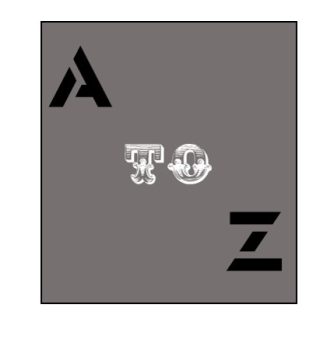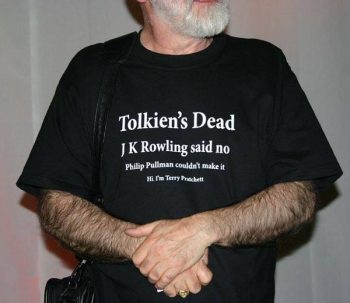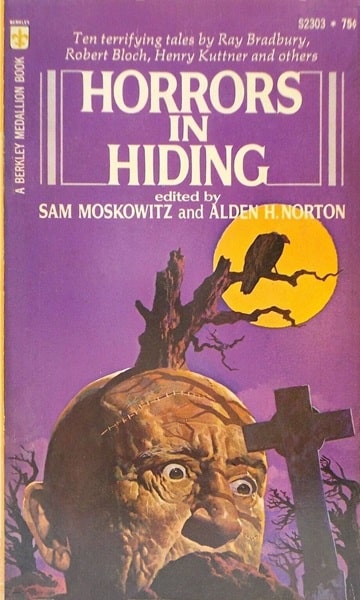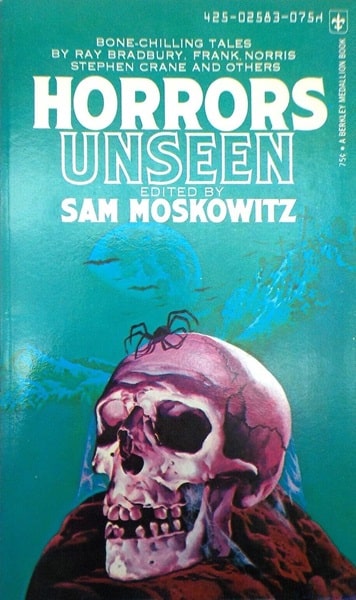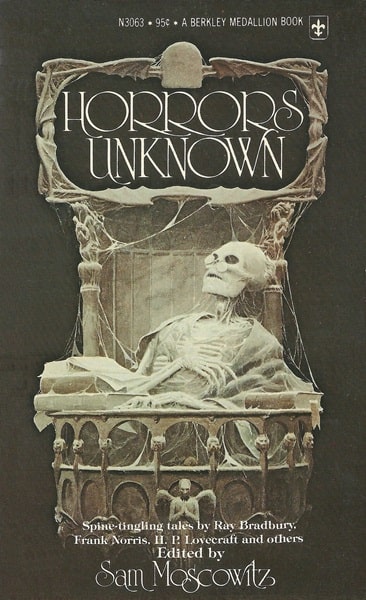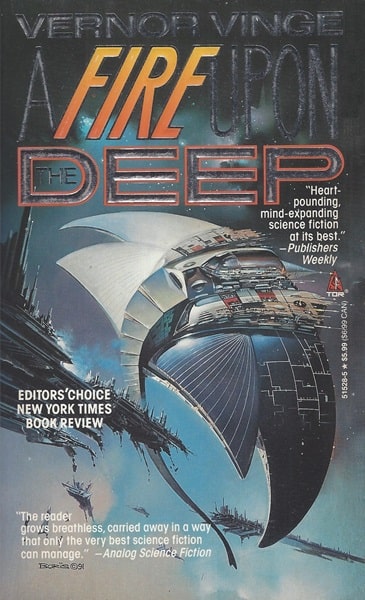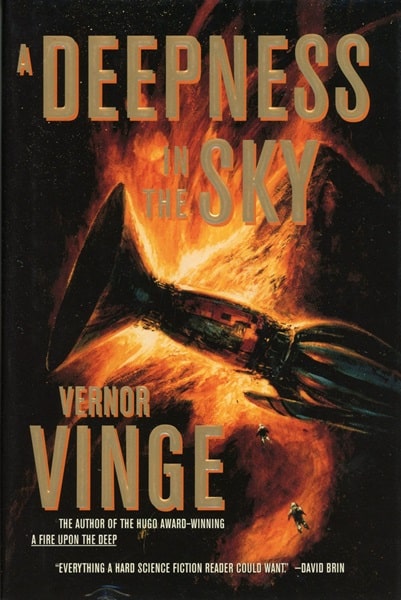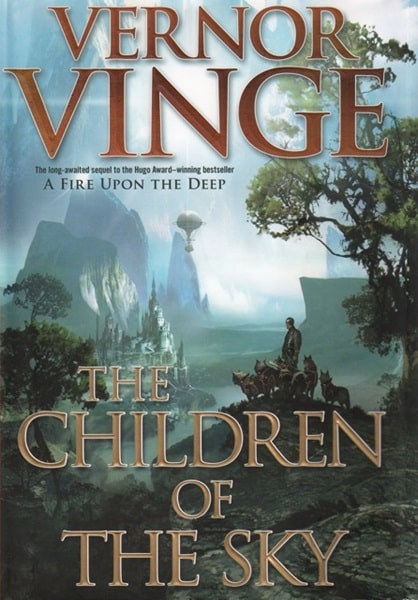Vintage Treasures: Night’s Black Agents by Fritz Leiber
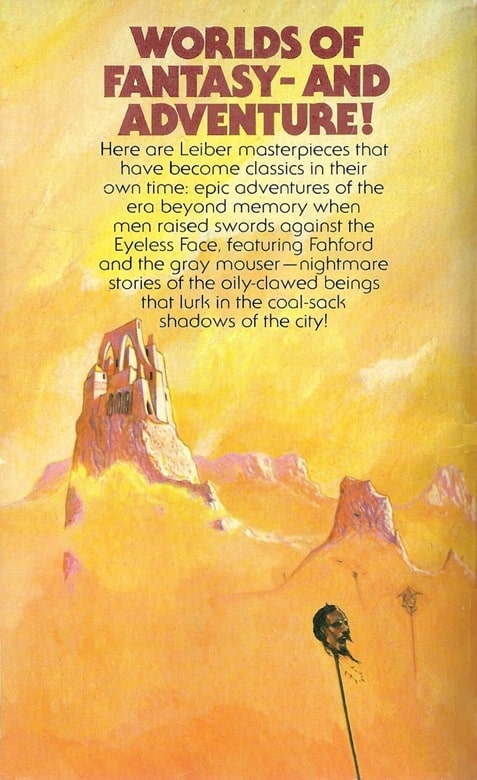 |
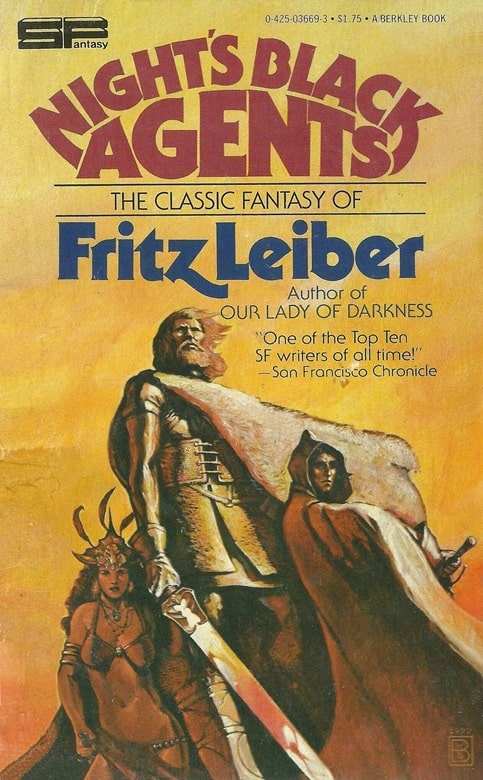 |
Nights Black Agents (Berkley Books, May 1980). Cover by Wayne Barlowe
Nights Black Agents was Fritz Leiber’s first first collection — and in fact his first book. It was originally published in hardcover by Arkham House in 1947, when Leiber was 37 years old.
It collects six stories published in Weird Tales and Unknown Worlds, plus one tale from a fanzine, and three new stories — including the long Fafhrd and the Gray Mouser novella “Adept’s Gambit.” Needless to say, it was very successful, and enjoyed a series of hardcover and paperback editions that kept it in print for over three decades.
Nights Black Agents launched Leiber’s writing career, and he followed it with some three dozen more collections (and many novels) before his death in 1992.

